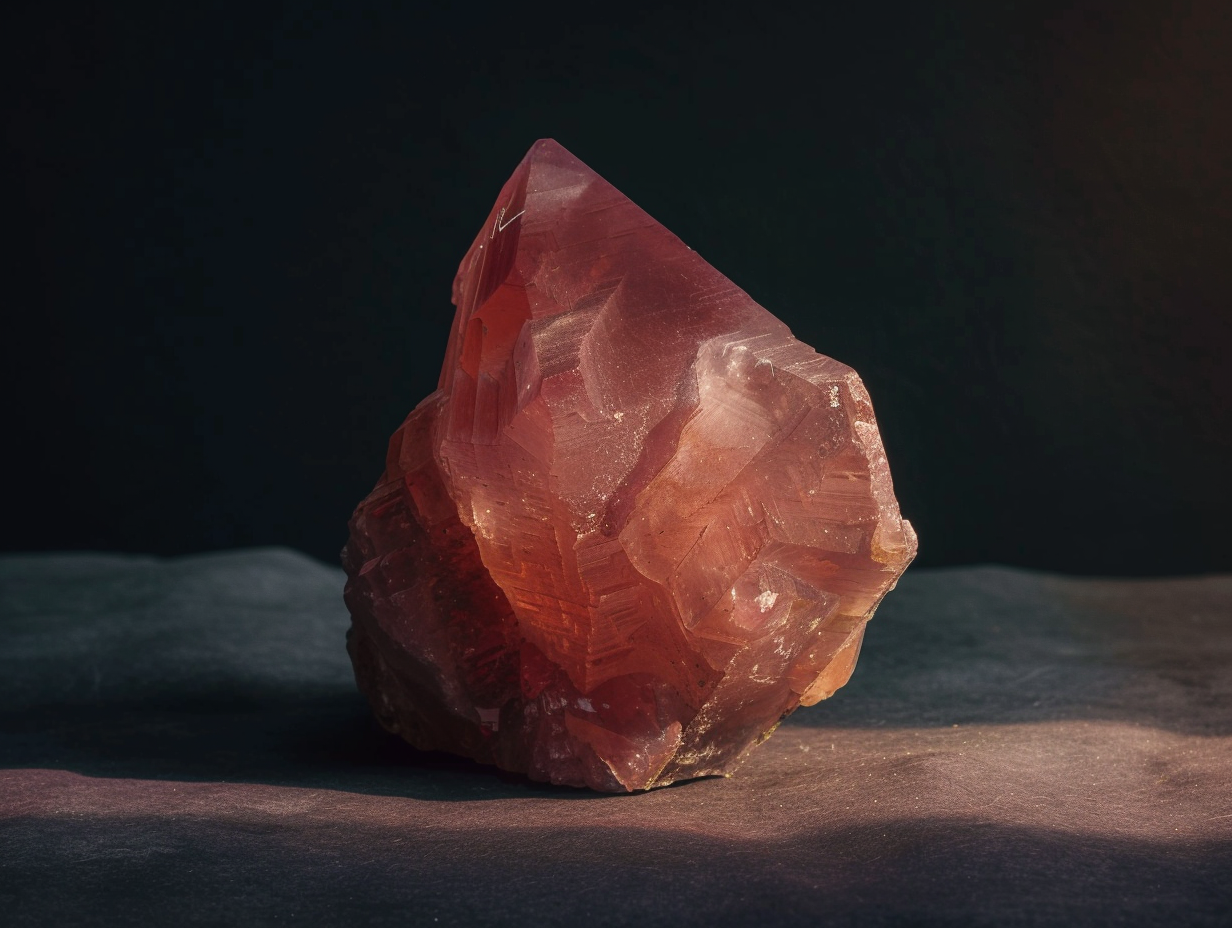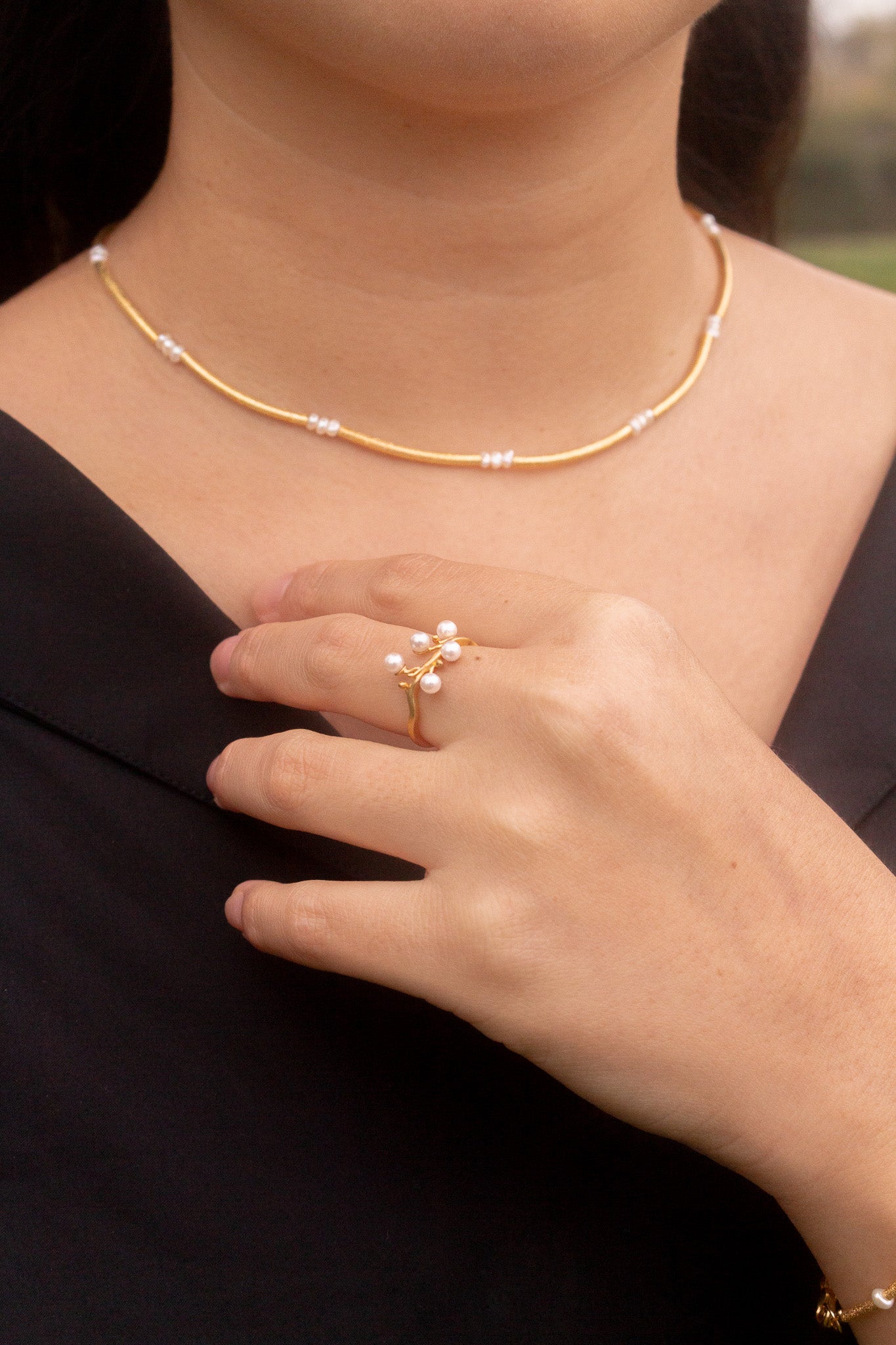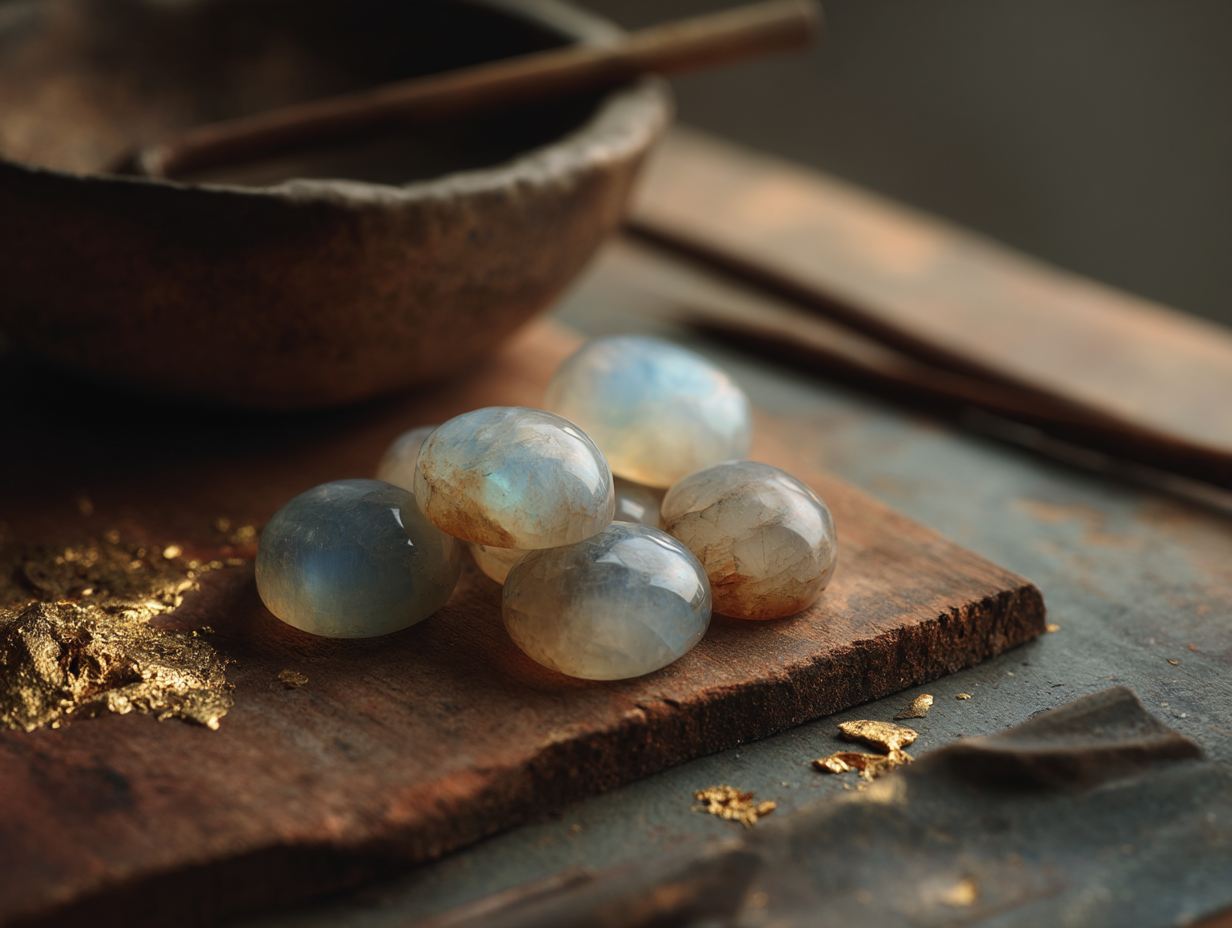
Have gemstones tested: All about certificates, laboratories & why not every stone has one
CONTENTS: |
1. Recognizing the authenticity of a gemstone: The path to becoming a gemologist |
2. The importance of certificates from renowned laboratories |
3. Why not every gemstone has a certificate: A question of economic efficiency |
4. Other important aspects of authenticity |
5. Conclusion |
The magic of gemstones has always fascinated. But when purchasing one, the question often arises: Is it genuine? How can I be sure? In this blog post, I explore the topic of gemstone authenticity and explain when certificates play a role.

1. Recognizing the authenticity of a gemstone: The path to becoming a gemologist
The most reliable method to Authenticity and quality To determine the quality of a gemstone beyond doubt, an appraisal by a Certified gemologists . These specialists have the necessary expertise, special equipment (such as microscopes, refractometers, spectroscopes), and experience to:
- To correctly identify the gemstone (whether it is actually the declared type of stone).
- To distinguish natural properties of the stone from human interventions (treatments).
- To recognize synthetically produced stones and imitations.
- To evaluate the quality of the stone based on criteria such as color, clarity, cut and weight.
2. The importance of certificates from renowned laboratories
When purchasing higher quality gemstones , especially Diamonds are the Certificates from internationally recognized gemological laboratories of enormous importance. They are essentially the stone's "ID" and offer you, as the buyer, important security. Look for certificates from institutions such as:
- GIA (Gemological Institute of America): One of the world's leading and most respected laboratories, known for its strict grading standards, especially for diamonds.
- HRD (High Council for Diamonds): A renowned European diamond laboratory based in Antwerp.
- IGI (International Gemological Institute): Another major international laboratory that certifies a wide range of gemstones.
These certificates document in detail the most important characteristics of the stone and thus provide you with a transparent basis for your purchase decision.

3. Why not every gemstone has a certificate: A question of economic efficiency
This is where an important point comes into play: For the For most smaller or cheaper gemstones, with a value below 200 € (this limit may vary depending on the type of stone and quality) , it is It is not usual for an individual laboratory certificate to be included.
The main reason for this is the Costs of professional gemological examination and certification. The fees that a laboratory charges for thorough testing and issuing a certificate are often disproportionate to the actual value of the individual, smaller stone . The costs could even be on the order of magnitude of the stone's value. Therefore, it would not be economically viable for the seller to have each individual, less expensive stone certified.
The lack of an individual certificate for smaller or cheaper stones means does not automatically mean that they are fake. In such cases, the Trust in the dealer's expertise and reputation crucial. A reputable jeweler or gemstone dealer has the necessary knowledge to provide you with information about the type of stone, its origin and any treatments that may have been carried out.

4. Other important aspects of authenticity:
- Natural inclusions: Most natural gemstones have inclusions or slight irregularities within. These are often not considered flaws, but rather a sign of their naturalness and uniqueness.
- Treatments are common: Many gemstones are treated after discovery (e.g., by heating) to improve their color or clarity. Reputable dealers should inform you about such treatments. A laboratory certificate also confirms any detected treatments.
- Beware of imitations: There are materials that can look confusingly similar to gemstones (e.g., glass) but are not gemstones. A gemologist can tell the difference.
5. Conclusion:
For precious gemstones, certificates from renowned laboratories are an indispensable guarantee. For smaller or less expensive stones, the availability of an individual certificate is not usually available for economic reasons. In such cases, it is crucial to established and trustworthy dealer Buy from someone whose expertise and honesty will give you peace of mind. Ask for advice and ask about the stone's origin and any treatments. Because in the end, what matters most is not only authenticity but also the joy of the beauty and the story that each gemstone tells.
I hope this overview has been helpful. If you have any further questions about gemstones, please feel free to contact me! Or leave me a comment below!



Leave a comment
This site is protected by hCaptcha and the hCaptcha Privacy Policy and Terms of Service apply.